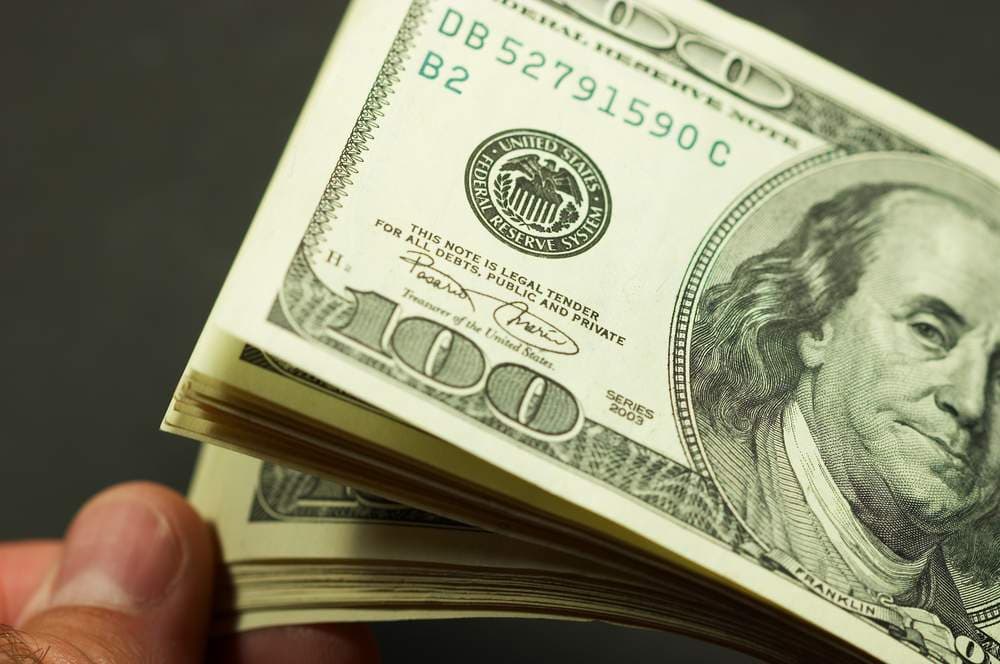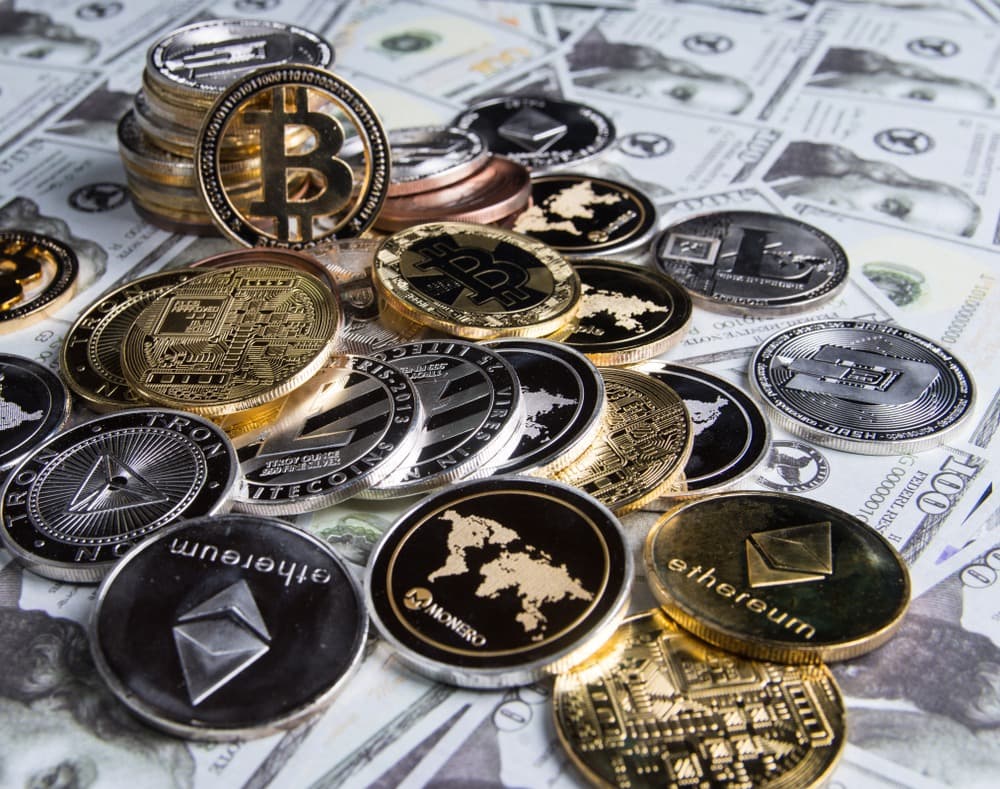Beneath the Surface
Is the New Golden Age Possible? We Do the Math. [Podcast]
January 24, 2025 • 1 minute, 45 second read
![Is the New Golden Age Possible? We Do the Math. [Podcast]](/_next/image?url=https%3A%2F%2Fbanyanhill.com%2Fwp-content%2Fuploads%2F2024%2F12%2Fshutterstock_1564037065.jpg&w=1920&q=75)
The Wall Street Journal released its latest economic forecast survey.
This is where they ask leading economists what they think inflation and economic growth will be in 2025 and beyond.
The results were pretty incredible. Between the last survey, in October before the election, and this month’s survey, the predictions for US economic growth have increased dramatically.
Optimism is clearly everywhere, not just in the economic forecasts but also the labor market, stock market, etc.
One of the reasons for that, obviously, is that Americans were just promised a New Golden Age of prosperity.
We’ve written before, many times, that America’s gargantuan fiscal challenges are still fixable.
But a Golden Age? Is that really feasible?
Well, above everything else at this organization, we are intellectually honest, and we let the math be our guide. And in today’s podcast, we actually do the math at a high level and discuss whether that Golden Age actually is possible.
Spoiler alert: it is!
But it’s gong to require what I believe are modest budget cuts— roughly $300 billion— and significantly higher economic growth.
When you think about it, it’s really something to be said that the US, i.e. the most advanced economy in the world, only clocks around 2% “real” GDP growth each year.
Given America’s population growth, the literally tens of trillions of dollars of investable capital, the massive pool of talent, and innovation, 2% growth is utterly pathetic. Talk about under-achieving your potential.
It’s deregulation, ease of doing business, and tax policy that can really move the needle on that growth.
And these are all completely realistic goals.
At the same time, there are so many forces and entrenched special interests that will battle against reform. So while there’s plenty of reason to be optimistic, it’s not a forgone conclusion.
That’s why it makes so much sense to have a Plan B.
We talk about all this and more in today’s podcast, as we walk through the math on the New Golden Age.
To your freedom,
James Hickman
Co-Founder, Schiff Sovereign LLC



